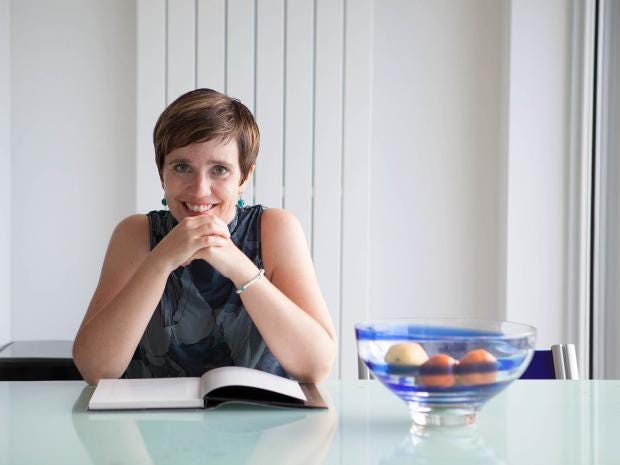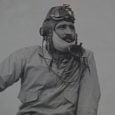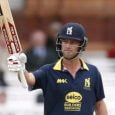
When I was a teenager, I was obsessed by science, maths and the stars. The obsession didn’t wane; I went on to study a degree in physics, a PhD in astrophysics, and spent the following ten years doing research on starburst galaxies.
In the middle of this exciting career, I was faced with the devastating news that my then two-year-old daughter had developed a cancerous brain tumour. I took a year off work to care for her – it was a gruelling year of surgery, chemotherapy and radiotherapy.
When I finally went back to work, I can remember my first week back, sitting in the office watching two colleagues having a heated discussion about problems with the data on their latest galaxy. Both were becoming so stressed and yet I found myself really struggling to understand. In the last year I had witnessed five children die of cancer and somehow the galaxies just didn’t seem quite so important anymore.
I can still remember the moment when I realised that I didn’t want to reach the end of my life and know that all I had done for humanity was to explain the movement of stars in a galaxy. It had been a hugely fascinating career – but it just wasn’t enough anymore.
I started to think about a career in medicine, helping people get through difficult situations like my family had faced. But this meant going back to the drawing board.
Before I could even consider doing a medical degree, I had to get a GCSE and then an A-level in biology. I made it into medical school, but when I was working as a junior doctor, I began to feel frustrated by the lack of time I was able to spend with patients. Everyone in hospital is so rushed and there’s no time for people to be people – they’re just illnesses.
However, I found myself staying late to get more involved in specific cases, spending time with patients and their families. That is what I really enjoyed and to my surprise it was what I was good at. I’d always thought of myself as a scientist – but I was discovering the human being!
[“Source-TimesofIndia”]




